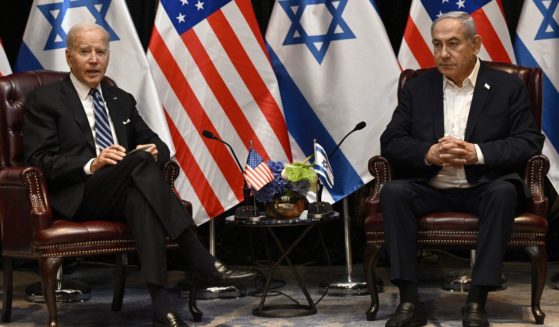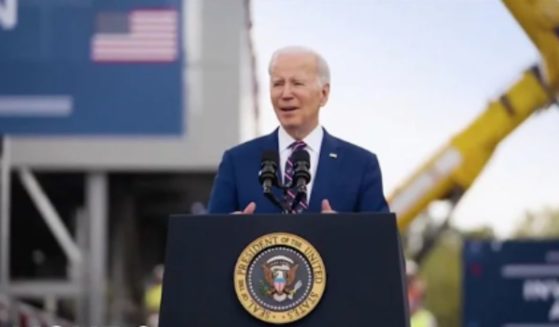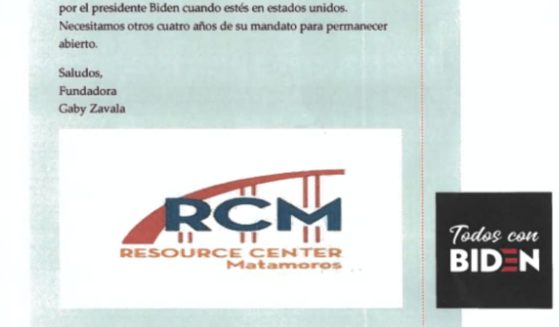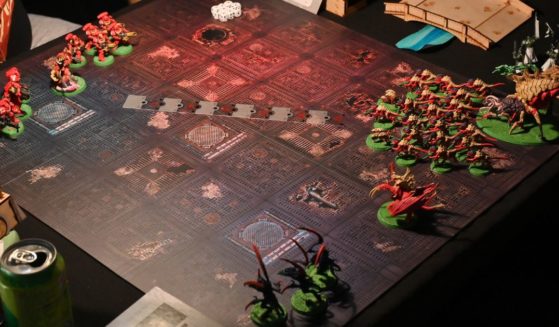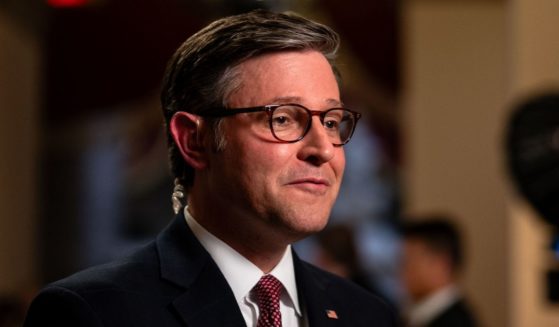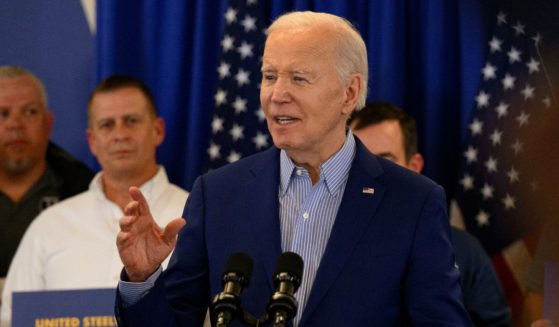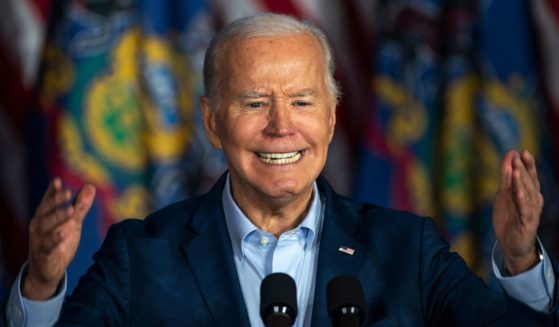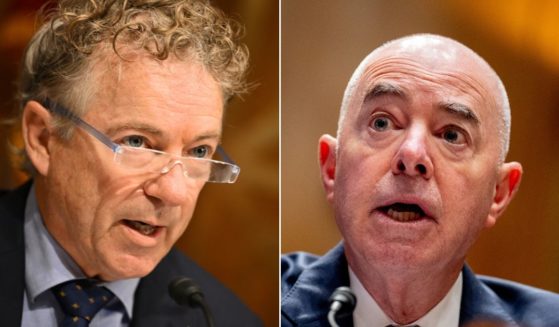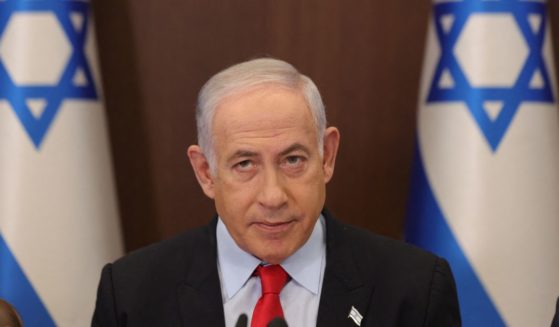UK leader visits Salisbury a year after Novichok attack
LONDON (AP) — British Prime Minister Theresa May praised the “spirit and resolve” of people in Salisbury, England as the city on Monday marked a year since a nerve agent attack on a Russian ex-spy.
The poisoning of Sergei Skripal and his daughter, Yulia, represented the first use of a nerve agent on British soil. The March 4, 2018 attack triggered a diplomatic freeze and raised tensions between Britain and Russia to levels unseen since the Cold War.
It also hammered businesses in the city, which draws tourists to its medieval cathedral and the nearby ancient Stonehenge monument. It was not until last week that police declared that decontamination efforts in Salisbury were complete.
“What I have seen today here in Salisbury is the tremendous spirit and resolve of the people of Salisbury,” May said.
“It has been a difficult year for them and particularly difficult for the immediate victims of the reckless attack that took place on the streets of Salisbury and the use of a chemical weapon, a nerve agent, on our streets.”
May suffered embarrassment when her 10 Downing St. office tweeted a tribute to the “beautiful, welcoming” city of Salisbury — with a photo of the equally beautiful city of Bath, some 40 miles (64 kms) away.
The photo was quickly removed, and May’s office blamed “human error” for the mix-up.
Sergei Skripal, a Russian military intelligence officer turned double agent for Britain, and his visiting daughter were found unconscious on a park bench after being exposed to the nerve agent Novichok. They spent weeks in critical condition but recovered. Officials said they were taken to a secret location after they got out of the hospital.
A police officer also was sickened. A few months after the attack on the Skripals, a local man found a perfume bottle containing traces of the discarded nerve agent. He became severely ill and his girlfriend died from the accidental exposure.
The March poisoning ignited a diplomatic confrontation in which hundreds of envoys were expelled by both Russia and Western nations.
Britain alleges the attack was planned to kill Sergei Skripal and authorized at a senior level of the Russian state. Moscow repeatedly denied the accusation.
The Russian Embassy in London marked Monday’s anniversary by publishing a long rebuttal and list of what it said were “unanswered questions” about the attack.
The embassy denied that Russia was the source of the nerve agent and accused British authorities of “secretiveness and lack of clarity” about the incident.
The Western Journal has not reviewed this Associated Press story prior to publication. Therefore, it may contain editorial bias or may in some other way not meet our normal editorial standards. It is provided to our readers as a service from The Western Journal.
Truth and Accuracy
We are committed to truth and accuracy in all of our journalism. Read our editorial standards.

